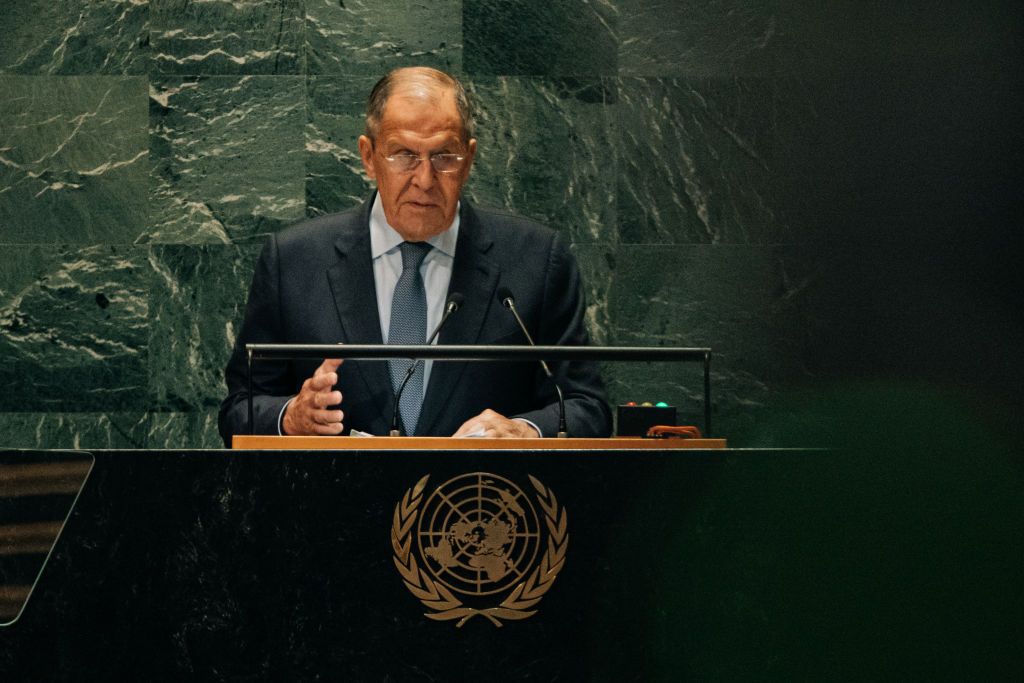Europe, NATO ready to shoot down Russian jets, Bloomberg reports

European diplomats warned Russian officials this week that NATO is prepared to respond to further airspace violations with force, including by shooting down Russian planes, Bloomberg reported Sept. 25.
British, French, and German officials raised concerns in a meeting in Moscow after Russian fighter jets crossed into Estonian airspace last week, officials familiar with the talks told Bloomberg. The European diplomats concluded that the incident was intentional, despite Moscow's denials.
The warning comes amid rising tensions between NATO and Russia following a series of airspace violations. Over the past month, Russian drones have violated Polish, Romanian, and possibly Danish airspace. On Sept. 19, Estonia accused Russia of violating its airspace with three MiG-31 fighter jets, which remained in Estonian airspace for 12 minutes.
Just today, Hungarian fighter jets intercepted five Russian aircraft over the Baltic Sea.
A German government official confirmed the meeting in Moscow and said European ambassadors told their Russian counterparts the violations must stop. Chancellor Friedrich Merz said he is coordinating with Paris, London, and Warsaw and supports "all measures necessary."
NATO's Article 4, which calls for consultations over perceived threats, has already been invoked twice this month following incidents in Poland and Estonia. Danish authorities said they may also trigger the clause as they investigate possible Russian involvement in drone activity that disrupted air traffic in Copenhagen.
Moscow has pushed back against the warnings. Russian Ambassador to France Alexey Meshkov said any attempt to shoot down a Russian plane in allied airspace "would be war," while Foreign Minister Sergey Lavrov accused NATO and the EU of waging war on Russia through their support for Ukraine.
The United States has so far backed its allies, with President Donald Trump saying NATO should shoot down Russian aircraft if they violate allied airspace.
The heated rhetoric, combined with the surge in Russian incursions and other provocations, has raised concern in the West about the risk of a wider confrontation with Moscow.











